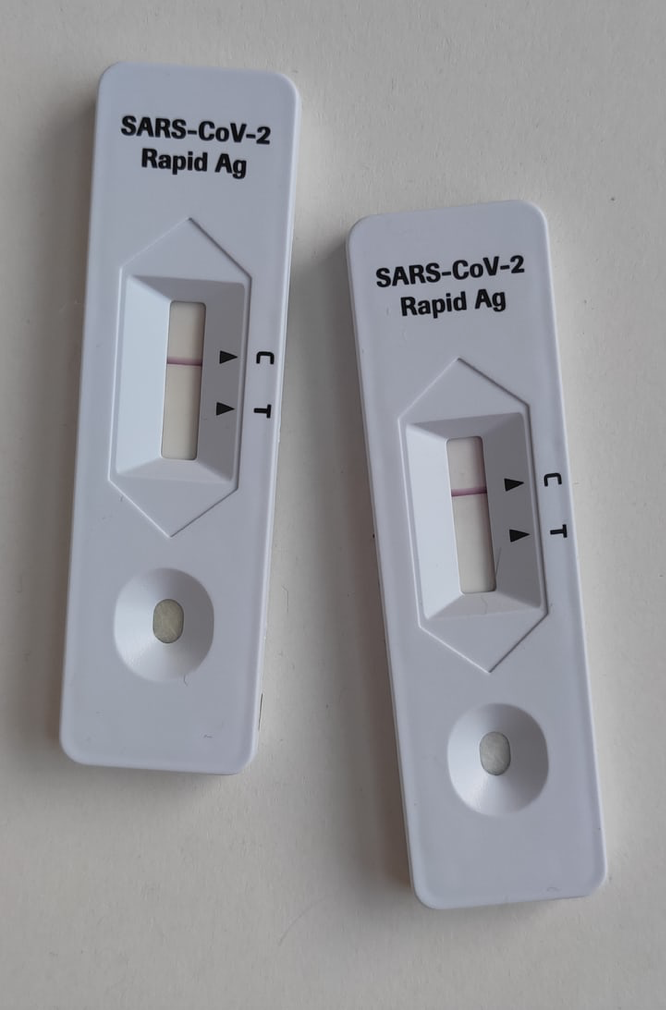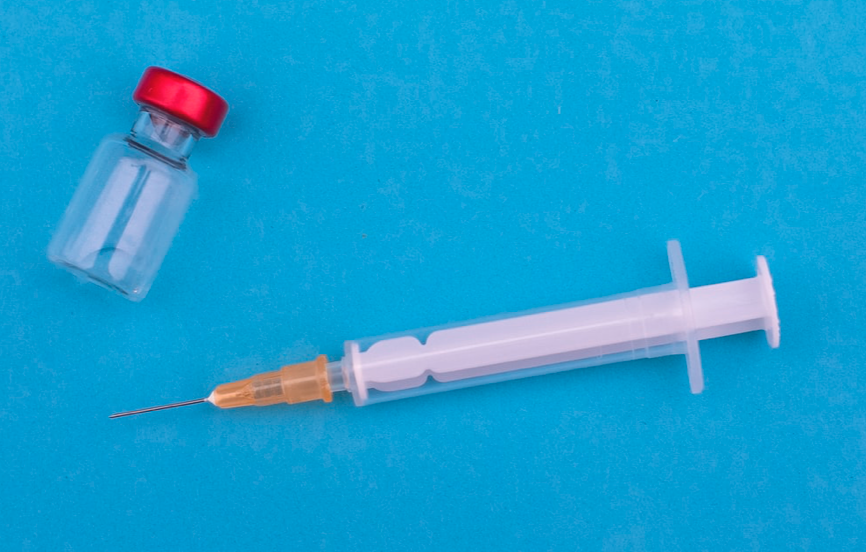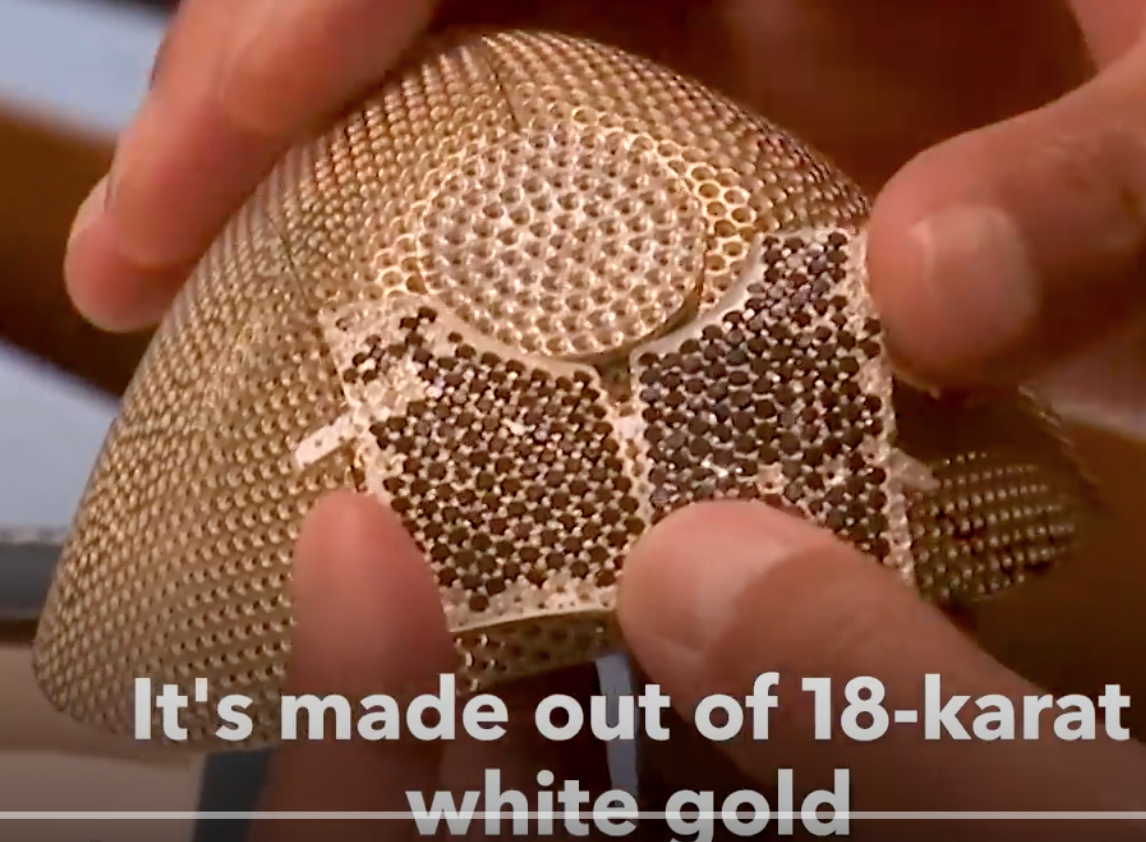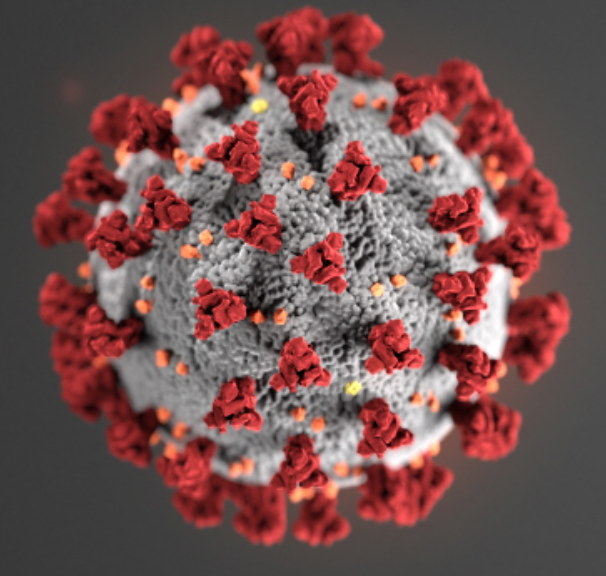by Nkem Iregbulem
Since the start of the global coronavirus pandemic, various U.S. biotechnology companies have entered the race to develop COVID-19 therapies and vaccines. To aid and accelerate the development, manufacturing, and distribution of a COVID-19 vaccine, the U.S. government initiated a public-private partnership called Operation Warp Speed. This partnership hopes to deliver 300 million doses of a successful vaccine by January of next year. To achieve this goal, Operation Warp Speed selected eight companies with promising vaccine candidates to receive government funding — namely, Johnson & Johnson, AstraZeneca-University of Oxford, Pfizer-BioNTech, Moderna, Merck, Vaxart, Inovio, and Novavax.
Investing in biotechnology companies with a foot in the vaccine race may be financially worthwhile if certain candidates prove successful in their efforts to develop a safe and effective COVID-19 vaccine. In fact, the stock prices for many of these companies fighting against the coronavirus pandemic are already trading near record highs. Your options include Moderna (MRNA), Inovio Pharmaceuticals (INO), Novavax (NVAX), Vaxart (VXRT), and Sorrento (SRNE). All of these stocks are traded on the NASDAQ exchange.
Your first option is Moderna (MRNA), a biotech company primarily focused on discovering and developing therapeutics and vaccines based on messenger RNA, or mRNA. These technologies are designed to handle infectious diseases, immuno-oncology, rare diseases, autoimmune and cardiovascular disease. In January of this year, Moderna announced it had started developing its own COVID-19 vaccine, named mRNA-1273. In late July, the company’s vaccine candidate entered Phase 3 trials with the launch of a 30,000-subject trial. This progress puts Moderna ahead of many other companies in the race for the vaccine. Founded in 2010 and headquartered in Massachusetts, Moderna has a market cap of $27.51 billion and does not pay a dividend. Its stock has a price-to-sales ratio of 474.82 and a price-to-book ratio of 16.76. As of its most recent quarter, Moderna has $1.22 billion in total cash and $151.84 million in total debt. With its revenue decreasing each fiscal year since 2018, the company faces a negative 3-year revenue growth rate of -17.80%.
Another vaccine stock to pay attention to is Inovio Pharmaceuticals (INO), a biotechnology company that discovers, develops, and commercializes synthetic DNA medicines and vaccines to treat and protect against HPV-associated diseases, infectious diseases, and cancers. The company is developing its very own DNA-based COVID-19 vaccine candidate, INO-4800. Inovio’s INO-4800 is currently in Phase 1 trials in the U.S., and a Phase 2/3 trial is expected to begin this summer. Founded in 1983 and based in Plymouth Meeting, Pennsylvania, Inovio has a market cap of $3.07 billion and does not pay a dividend. Its stock has a high price-to-sales ratio of 786.00 and price-to-book ratio of 16.67. As of its most recent quarter, Inovio has $270 million in total cash and $98.52 million in total debt. Inovio has seen decreasing revenue each fiscal year since 2017, contributing to its negative 3-year revenue growth rate of -51.19%.
You might also consider Novavax (NVAX) — founded in 1987 and headquartered in Gaithersburg, Maryland. The late-stage biotechnology company focuses on discovering, developing, and commercializing vaccines to prevent a wide variety of infectious diseases. Some of its current vaccine candidates are geared towards influenza and RSV. In January, it announced its intention to develop a vaccine — called NVX-CoV2373 — to treat coronavirus. Novavax has a market cap of $9.15 billion and does not pay a dividend. Its stock trades at 34.13 times forward earnings and has a high price-to-sales ratio of 238.50. As of its most recent quarter, the company has $237.36 million in total cash and $331.87 million in total debt. Novavax has a negative 5-year revenue growth rate of -9.45% but a better 3-year revenue growth rate of 6.72%.
Vaxart (VXRT) is another biotech company in the race for a coronavirus vaccine. Founded in 2004 and based in South San Francisco, the clinical-stage company discovers, develops, and commercializes orally administered recumbent vaccines to treat infected patients around the world. This past January, Vaxart announced the development of its COVID-19 vaccine candidate: a tablet vaccine. Its other candidates include influenza, norovirus, and RSV vaccines.The company has a market cap of $992.76 million and does not pay a dividend. Its stock has a high price-to-sales ratio of 44.56 and a price-to-book ratio of 32.74. As of its most recent quarter, Vaxart has $29.86 million in total cash and $2.13 million in total debt. The company faces a negative 5-year revenue growth rate of -29.71% but enjoys a 3-year revenue growth rate of 1.69%.
Finally, you might also consider Sorrento (SRNE), a clinical-stage biotechnology company that focuses on developing immunotherapies for cancers, autoimmune, inflammatory, and neurodegenerative diseases. The company has teamed up with Mount Sinai Health System to develop an antibody therapy — named COVI-SHIELD — to target the COVID-19 infection. This product would deliver three antibodies that would serve as a “protective shield” against the virus. Founded in 2006 and headquartered in San Diego, Sorrento has a market cap of $2.05 billion and does not pay a dividend. It trades at 1.71 times forward earnings. Its stock has a high price-to-sales ratio of 46.05 and a price-to-book ratio of 20.28. As of its most recent quarter, the company has $21.9 million in total cash and $255.01 million in total debt. Sorrento enjoys a 5-year revenue growth rate of 52.39% and an even better 3-year revenue growth rate of 56.81%.
Let’s hope we get a vaccine and cure soon.
Disclosure: Author owns MRNA.




